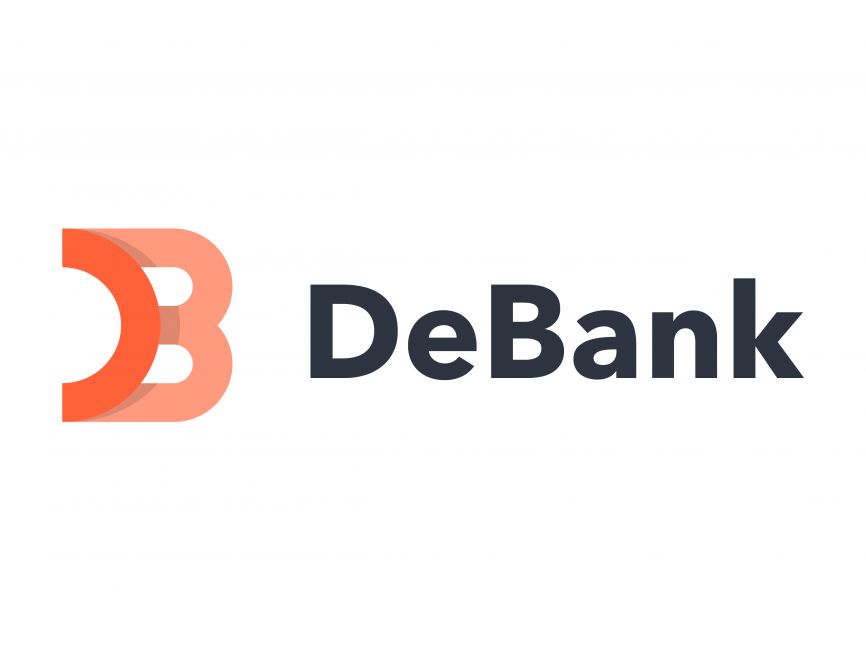Ever get that feeling that managing your DeFi portfolio is like juggling flaming torches while riding a unicycle? Yeah, me too. Seriously, keeping tabs on your yield farming positions, staking rewards, and social DeFi interactions can feel downright overwhelming. Sometimes I just wanna throw my phone out the window and scream, “Why can’t this be simpler?”
Here’s the thing: the crypto space is evolving faster than you can say “blockchain,” and with Web3 identity becoming a thing, it’s not just about wallets and keys anymore. Your on-chain persona is growing socially complex—like a digital fingerprint that ties your DeFi activities together across platforms. Tracking all that manually? No thank you.
But wait, before you roll your eyes and say, “Yeah, yeah, another dashboard,” let me walk you through some stuff I’ve been noodling on. Initially, I thought a simple portfolio tracker would do the trick, but then I realized—actually, wait—let me rephrase that. You need something that not only tracks your yield farming but also reflects your social DeFi footprint, your on-chain identity, and how these all interplay. That’s where things get juicy.
So, why does Web3 identity matter in all this? My gut says it’s about trust and transparency. When your DeFi moves are linked to a recognizable, verifiable identity, it changes the game. Suddenly, yield farming isn’t just about chasing APYs—it’s about reputation, social proof, and long-term community engagement. This isn’t just tech jargon; it’s becoming real in how folks decide whom to trust with their funds or which projects to back.
Whoa! It’s a lot, I know. But stick with me.
One of the coolest tools I stumbled upon recently is debank. Honestly, this platform nails a lot of what I was craving. It’s not just a portfolio tracker; it integrates social features related to your Web3 identity and lets you follow your yield farming positions across multiple protocols seamlessly. I mean, the interface isn’t perfect—there are quirks here and there—but it’s leagues ahead of the clunky spreadsheets I used to rely on.
Now, I’m biased, but what bugs me about most trackers is how they silo information. You check your Uniswap LP tokens here, your staking rewards over there, and your governance votes somewhere else. It’s like piecing together a puzzle with missing pieces. debank attempts to unify that experience, reflecting not just your assets but your social footprint too.
(Oh, and by the way, if you haven’t explored social DeFi features yet, you’re missing out. Imagine being able to see who’s farming what, sharing strategies, or even collaborating on yield optimization in real-time. This social layer adds a dimension that’s part finance, part community, and part game.)
But hold up—let’s dive deeper. Yield farming itself is a double-edged sword. On one hand, the returns can be juicy; on the other, the complexity and risks—impermanent loss, rug pulls, volatile APYs—can be brutal. Tracking all that manually is not only tedious but risky. I once missed an important staking deadline because I was trying to keep tabs via multiple apps. Lesson learned the hard way.
So, the question is: can tools like debank truly provide a holistic view that combines your yield farming, your social interactions, and your emerging Web3 identity? From what I’ve seen, yes—but with caveats.
The platform pulls data across dozens of DeFi protocols, so you get a pretty comprehensive snapshot. Plus, it lets you follow other users’ portfolios if they opt-in, adding a social layer that’s rare among trackers. This feature isn’t just fun—it’s educational. Watching what experienced yield farmers do in real time can help avoid costly mistakes.
But here’s where it gets tricky. Web3 identity is still a messy concept. There’s no universal standard, and privacy concerns abound. Do you want your yield farming moves linked to a pseudonymous profile that anyone can track? Some folks are all for transparency; others want to keep their DeFi life under wraps. The balance between openness and privacy is delicate, and honestly, still unsettled.
Hmm… I wonder if the future will bring better self-sovereign identity solutions that let users selectively share on-chain data. That would make social DeFi far more meaningful without compromising privacy. It’s a bit like having a digital mask you can put on or off depending on the party you’re at.

Check this out—debank offers a dashboard that not only tracks your yield farming positions but also aggregates your token holdings, NFT assets, and even debt positions across chains. It’s kinda like your DeFi Swiss Army knife. Plus, the social feed lets you see trending assets and farming strategies, which is pretty clutch for staying ahead.
One thing I really appreciate is how the tool handles cross-chain assets. As DeFi spreads beyond Ethereum, many trackers struggle to keep up. Debank’s multi-chain support feels robust, though sometimes transaction data lags a bit (probably due to blockchain indexing delays). Still, compared to juggling multiple wallets and explorers, it’s a breath of fresh air.
Still, I’m not 100% convinced that everyone needs to broadcast their entire DeFi history. There’s a dimension of personal security and mental bandwidth that gets overlooked. Some users might want to keep separate identities or fragment their portfolios for risk management and anonymity. Tools like Debank, while powerful, could inadvertently encourage overexposure.
Anyway, this all ties back to the broader challenge of managing your DeFi assets in a world that’s as social as it is financial. Social DeFi isn’t just a buzzword; it’s where your reputation, your network, and your portfolio converge. Combining this with a trustworthy Web3 identity could unlock new collaborative investment models, cooperative yield farming, or even social credit systems within DeFi.
But until standards mature and privacy tools get better, we’re kind of in the Wild West. That’s why having a reliable, user-friendly tracker like debank is not just convenient—it’s essential. It helps keep the chaos manageable and gives you at least some semblance of control.
Okay, so check this out—if you’re diving into yield farming or just want to understand your social DeFi footprint better, give Debank a spin. It won’t solve all your problems, but it might just stop you from missing out on those juicy APYs or social insights you didn’t even know you needed.
I’m biased, sure, but after wrestling with scattered dashboards and messy spreadsheets, having a single interface that blends your identity and yield farming data feels like the future knocking on your door. The only question is, are we ready to fully embrace this blend of finance and social networking on chain?
For now, I’m watching, learning, and adapting—because the DeFi landscape isn’t slowing down anytime soon. And neither should you.
